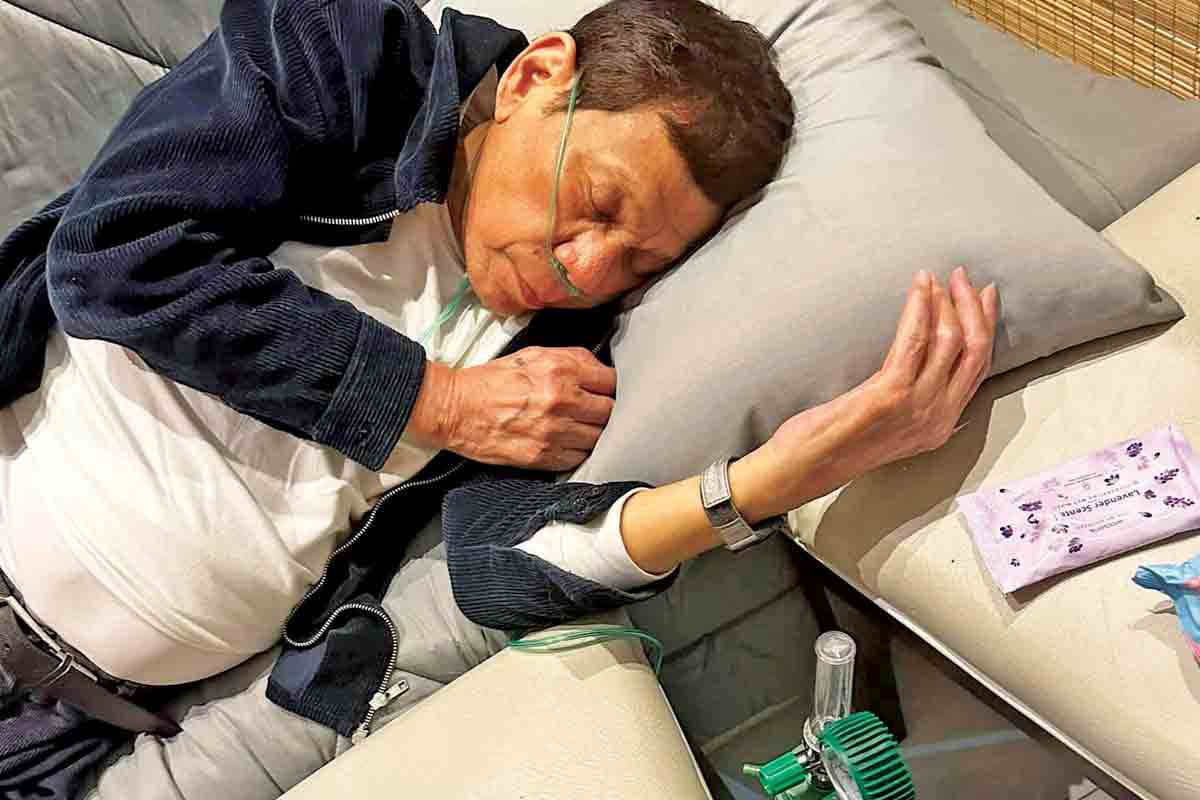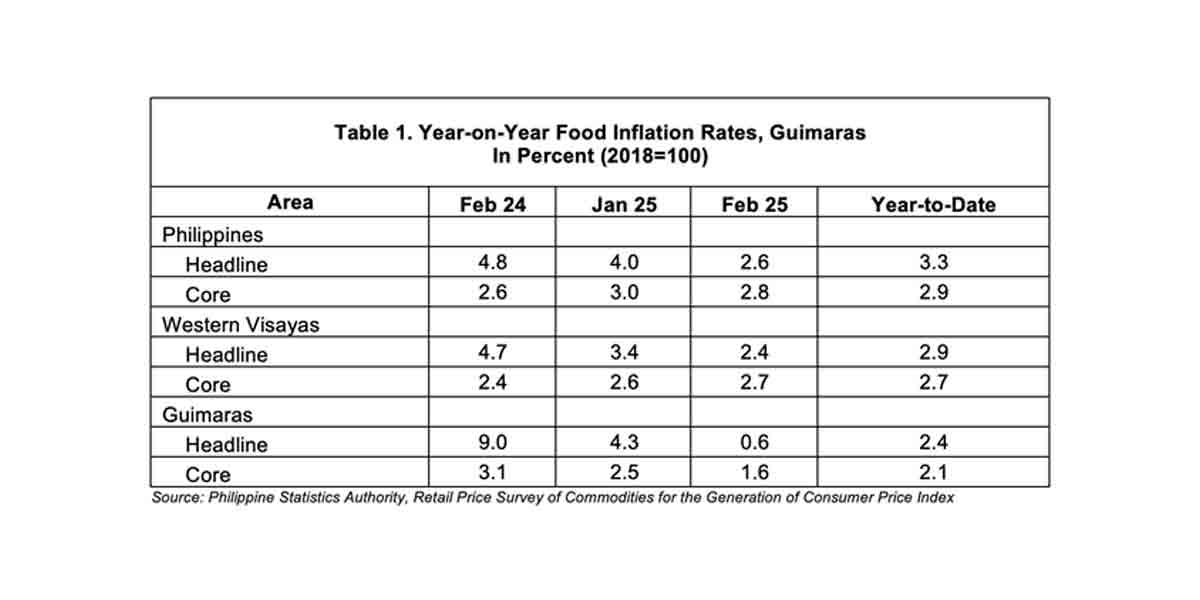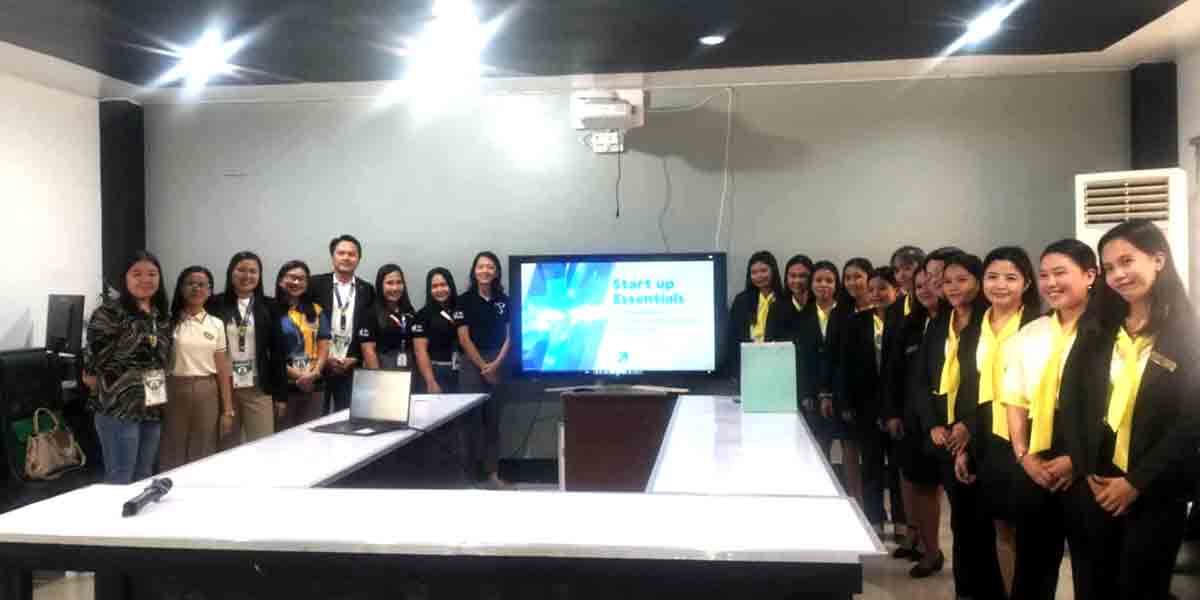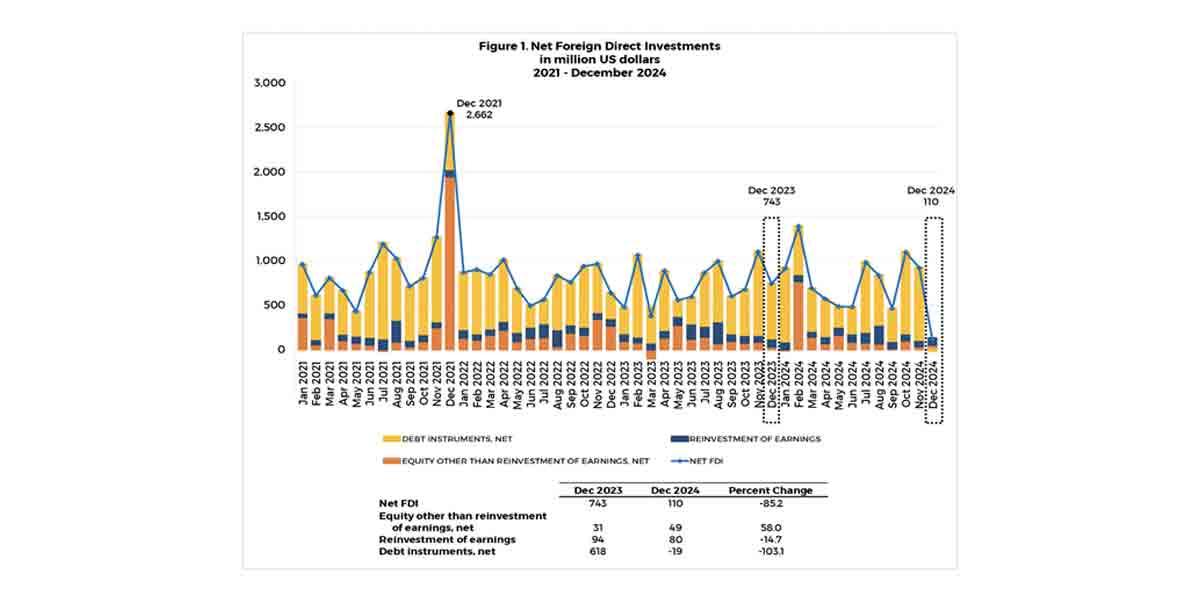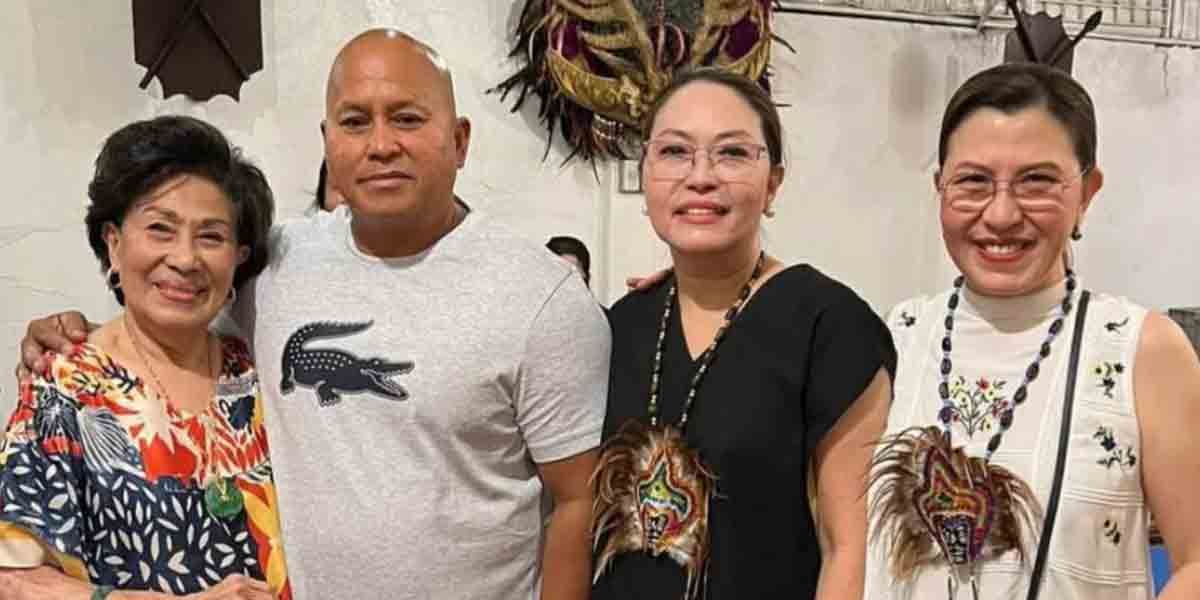
By: Emme Rose Santiagudo
THE Catholic Educational Association of the Philippines (CEAP) will propose a bill for the pay increase of private school teachers in response to the huge disparity in the entry level salaries of public and private schools.
Fr. Joel Tabora, president of CEAP, announced the plan as they visited Iloilo City for the CEAP National Convention 2019 held at the Iloilo Convention Center in Manduriao district, Iloilo City on Sept 25, 2019.
“We are proposing a legislation, specifically an act establishing a fund for the standardization of salaries of private school teachers and appropriating funds thereof,” Tabora said in a press conference.
Citing the draft of the bill titled “Teachers’ Salary Standardization in Private Education Act of 2019,” Tabora said the law would address the “glaring disparity” between the entry level salary of school teachers with that of the private school hires.
“The State by addressing the problem of adequate remuneration of public-school teachers through legislation (i.e the Salary Standardization Law), it has unwittingly created a gap in policy and implementation in that there now exists a glaring disparity between the entry level salary of public (school teachers),” he said.
Tabora lamented that the disparity of salaries between public and private school teachers has resulted in the migration of private school teachers to the public sector, “to the utter prejudice of the private schools that have invested considerable amount of time and capital in the formation of these teachers.”
“There is no reason why a teacher in Bangsamoro Autonomous Region of Muslim Mindanao (ARMM) must be toiling day in and day out and getting only P2,000 a month while a public school teacher is getting P21,000 to P29,000 using taxpayer’s money. that’s money that our workers give to the state, their salaries are withheld even in our school so that the salaries of our public schools can enjoy three times the salary that they receive,” he stressed.
Atty. Joseph Noel Estrada, legal counsel of CEAP, said there is a huge disparity of salaries between private and public-school teachers in the regions.
According to Estrada, the entry salary of public-school teachers in ARMM is around P17,000 compared to the P6,000 or P7,000 average salary of private school teachers.
“You can see the very huge disparity. We are not yet even computing the adjustment on the third installment of the Salary Standardization Law for public school teachers,” he said.
He emphasized that the contribution of the private sector cannot be overemphasized.
“In the enrolment share of students, around 46% enrollees in basic education up to senior high are all in private schools, with around 350,000 teachers,” he said.
Meanwhile, Tabora also blasted the K-12 education program of the government, especially the success of its implementation.
“One of the things that I think that has been a mortal sin in the past three years, the oversight committee of K-12 has not met, we do not know whether the K-12 law has really produced better quality education in the public side and yet legislation keeps on legislating higher and higher salaries for the public side,” he lamented.
“If we have a law that will say, standardize the salaries between private and public school, at least there will be a dampener on the ever-increasing salaries on the public side and there will be more social justice on the two sides. We know from our schools that many of our students coming from senior high schools do not possess the learning that is expected of them, based on the standards of Department of Education (DepEd).”
While there is no definite figure on the pay increase, Fr. Elmer Dizon, vice president of CEAP, said, “Different agencies of the government will be tasked to come up with a formula that would determine the entry level salaries of private schools so they will determine how much it is,” he said.
With the opening of the 18th Congress, CEAP, together with the heads other institutions under the Coordinating Council of Private Educational Associations (CCOPEA), already started discussions with education committee chairs of the House of Representatives and the Senate, according to Estrada.
“We have started discussions with the committee chairs in both houses. We have opened this discussion with Senator Sherwin Gatchalian. Under the new leadership, it seems that the senate is receptive with this idea but we will be filing this bill very soon,” Estrada said.
Tabora emphasized that it is high time that legislators pay attention to the catholic and private schools.
“We will go to the legislators. We will ask all our school heads to bring the bill to the legislators and to pressure the legislators to file and support this bill. We believe that finally, the legislators should pay attention to the catholic schools and the private schools,” he noted.
The CEAP is a national association of catholic educational institutions in the country. Currently, it has more than 1,484 member-schools and more than 120 superintendents of Catholic schools.
Around 3,000 members of CEAP participated in the CEAP National Convention in Iloilo City from September 25-27, 2019.
